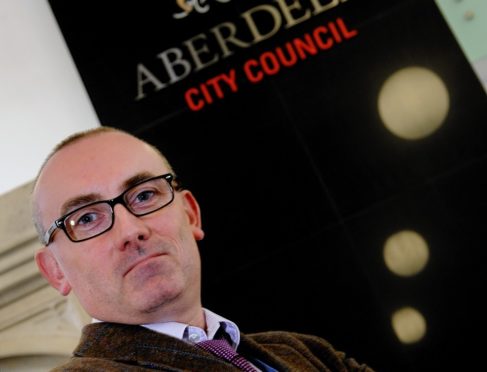Aberdeen council bosses authorised three undercover operations in three months this year to crack down on counterfeit goods and disabled driving fraud.
A new report to next week’s audit committee shows that the authority used the “last resort” Regulation of Investigatory Powers Act (RIPSA), which allows for clandestine surveillance and using human undercover sources to uncover information.
According to the paper, three applications were made for “directed surveillance”- involving the covert monitoring of targets’ movements, conversations and other activities- between January and March.
One was from the council’s corporate investigations team into allegations of a wrongful use of a disabled blue badge on a car.
Another involved the trading standards team, who used underage test buyers to try and buy tobacco and nicotine to shops suspected of selling the products to youths.
Both were cancelled within the statutory three-month period, but the most recent application was designed investigate the alleged selling of counterfeit goods.
Under Scottish law, councillors must scrutinise the use of RIPSA in their areas to ensure it is “fit for purpose”.
The report to councillors on next Tuesday’s committee reads: “Training forms a large part of RIPSA compliance and is something which all officers must have before they are permitted to carry out covert surveillance.
“The council’s training regime is something which has been commended by the surveillance commissioner on the last three inspections.
The mandatory course is run by solicitors in Governance, Legal Services and a senior Trading Standards officer.
“It consists of theory, practice and practical application of the rules and procedures around RIPSA, with the aim that all attendees are equipped with the skills to apply for, and have granted, a covert surveillance application and that all attendees are trained to the same standard.”
